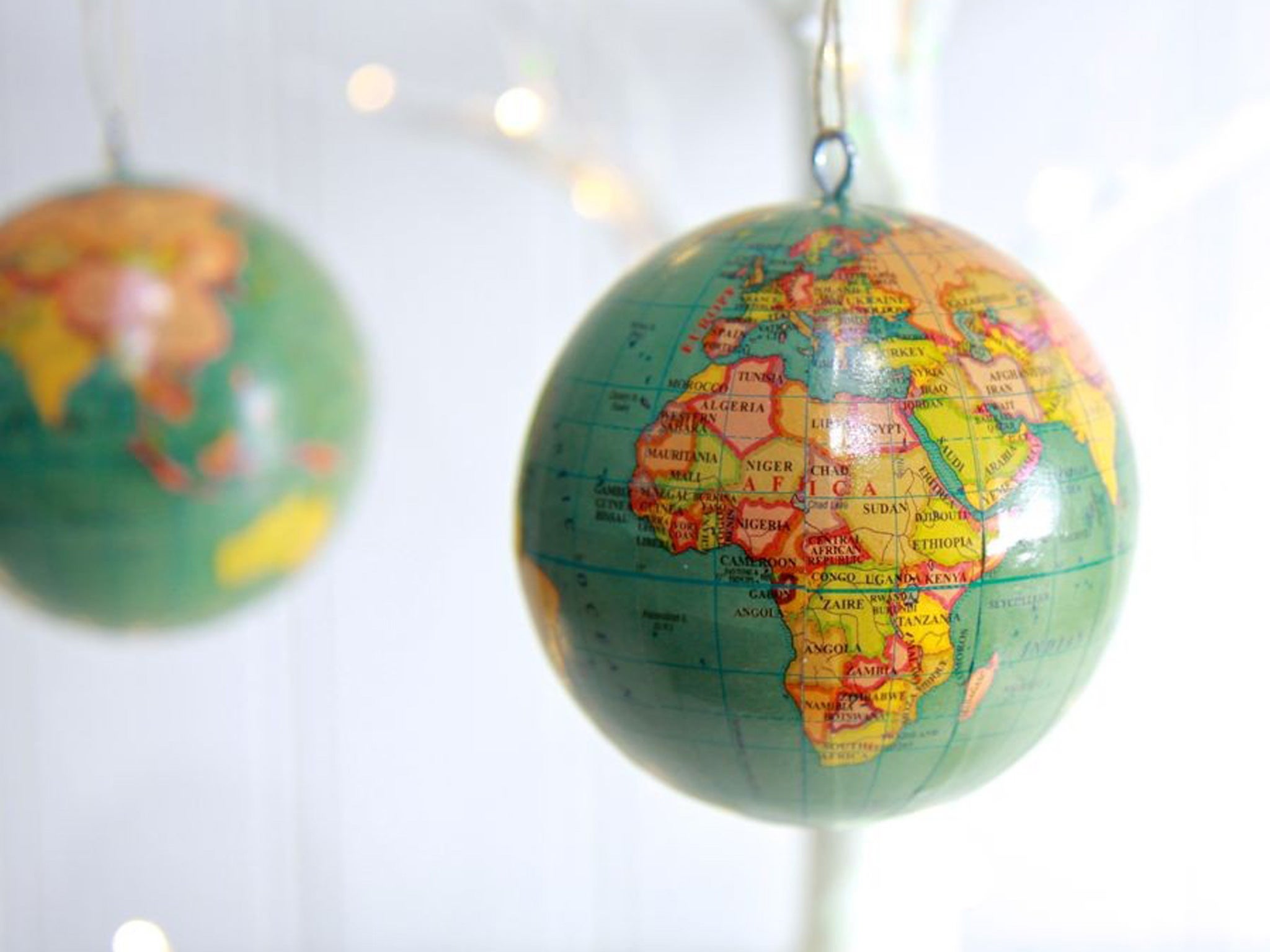The words of the year around the world, in one map
The 'word of the year' in different countries around the globe

Your support helps us to tell the story
From reproductive rights to climate change to Big Tech, The Independent is on the ground when the story is developing. Whether it's investigating the financials of Elon Musk's pro-Trump PAC or producing our latest documentary, 'The A Word', which shines a light on the American women fighting for reproductive rights, we know how important it is to parse out the facts from the messaging.
At such a critical moment in US history, we need reporters on the ground. Your donation allows us to keep sending journalists to speak to both sides of the story.
The Independent is trusted by Americans across the entire political spectrum. And unlike many other quality news outlets, we choose not to lock Americans out of our reporting and analysis with paywalls. We believe quality journalism should be available to everyone, paid for by those who can afford it.
Your support makes all the difference.The UK's word of the year wasn't a word - it was an emoji.
And while the choice by Oxford Dictionaries reflected the surge in popularity of the "fastest growing language" in the UK, here we look at other words of the year around the world.
Several were directly related to the refugee crisis - such as been the impact of the mass movement of more than a million peope into Europe in the past 12 months.
Germany’s word was ‘flüchtlinge’ (refugees) and Denmark’s was the English phrase ‘refugee flow’.
Germany has been widely praised for taking in hundreds of thousands of refugees – more than any other EU country.
Denmark, on the other hand, has salshed its benefits for asylum seekers in an attempt to deter refugees. Temporary residents are not allowed to bring their family over for at least a year, and permanent residence is only granted to those who speak Danish.
Austria’s word of the year was ‘willkommenkultur’ (the culture of welcome) – a phrase that has been used in both Germany and Austria referring to their welcoming attitudes towards refugees.
In Austria, the open attitude toward refugees has declined, and stricter sanctions are being placed on those seeking to enter the country. The selection of their word of the year is supposed to be ironic – expressing frustration at their government’s inconsistency.
Zoom in on the map below to look at some of the words of the ear, and hover over each definition for the definition.
At the Festival Du Mot in France, ‘laïcité’, which loosely translates as secularity of the state, was selected along with ‘liberté d’expression’ – ‘freedom of expression’.
These two topics have been the topic of much debate in France and around Europe following the attacks on Charlie Hebdo in January, which were said to be due to the magazine’s cartoons being religiously offensive.
Belgium’s word of the year is ‘kraamkost’ which literally translates as ‘maternity costs’, but actually refers to the traditional practice of bring a meal to a new mother so the new parents can eat proper meals while looking after a newborn.
The tradition is not new – but there wasn’t a word for the practice until this year.
Australia has gone for ‘sharing economy’, which was used the most to refer to the debate around taxi hire app Uber and its effect on the ‘traditional’ taxi industry. Sharing economy is – simply put – the sharing of goods and services among peers. The app allows people to essentially self-employ themselves as taxi drivers, and most of the money paid by the customer will go to the driver rather than a company.
In Malaysia, the word of the year was 苦 which means ‘bitter’. Hua Zong president Tan Sri Pheng Yin Huah said that the word represented the attitudes of the people. He may well be right: the second and third words in the running were ‘corruption’ and ‘tax’.
In Japan, the word of the year translates to ‘explosive buying of Chinese tourists’. Tourists from China spend the most while travelling, and Japan is the third most popular holiday destination for the Chinese.
Singapore’s chosen word was the second character ‘Lee Kuan Yew’ - Singapore’s first prime minister, who died this year, which also translates to ‘shine’ or ‘sparkle’.
Join our commenting forum
Join thought-provoking conversations, follow other Independent readers and see their replies
Comments